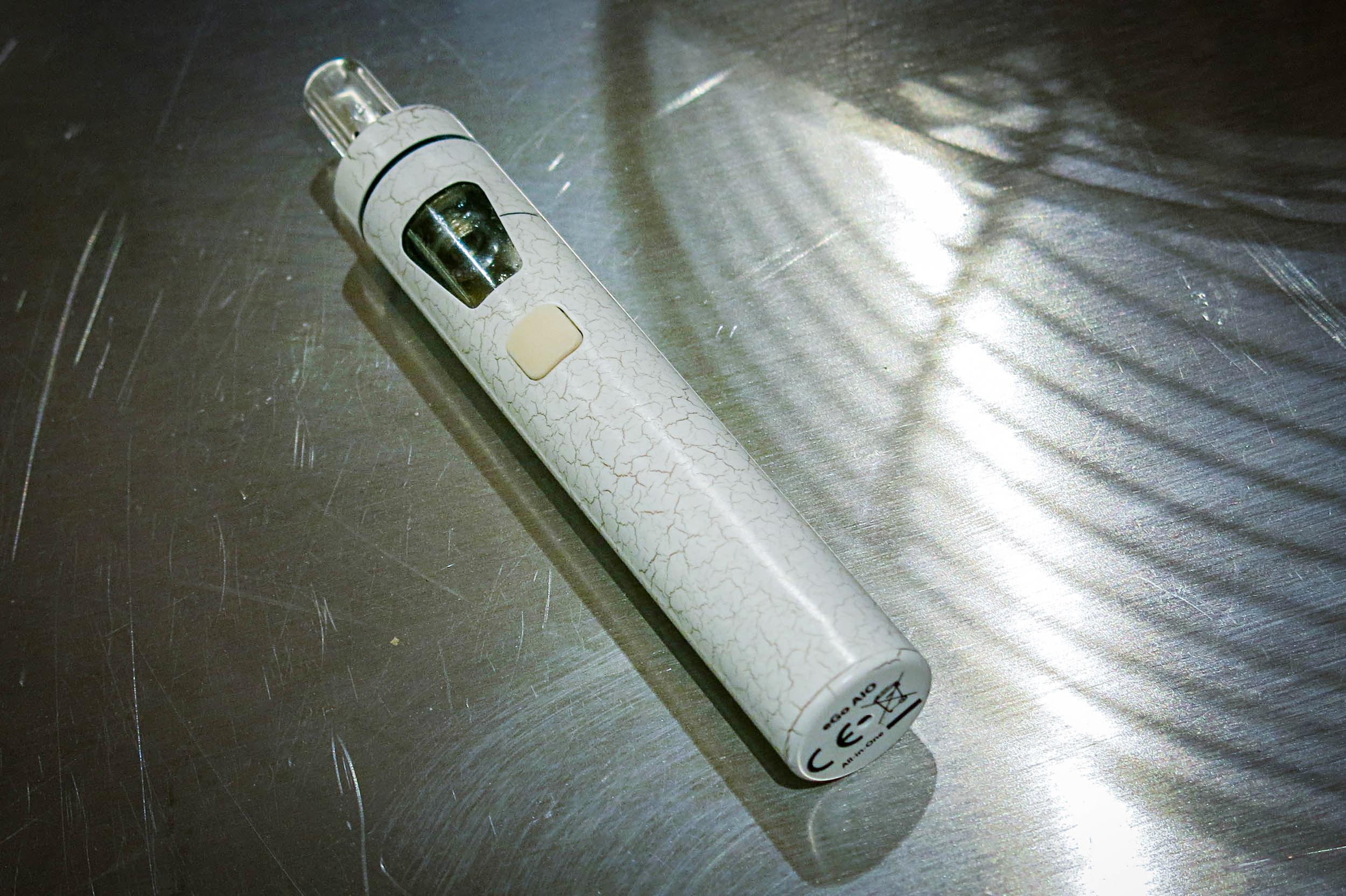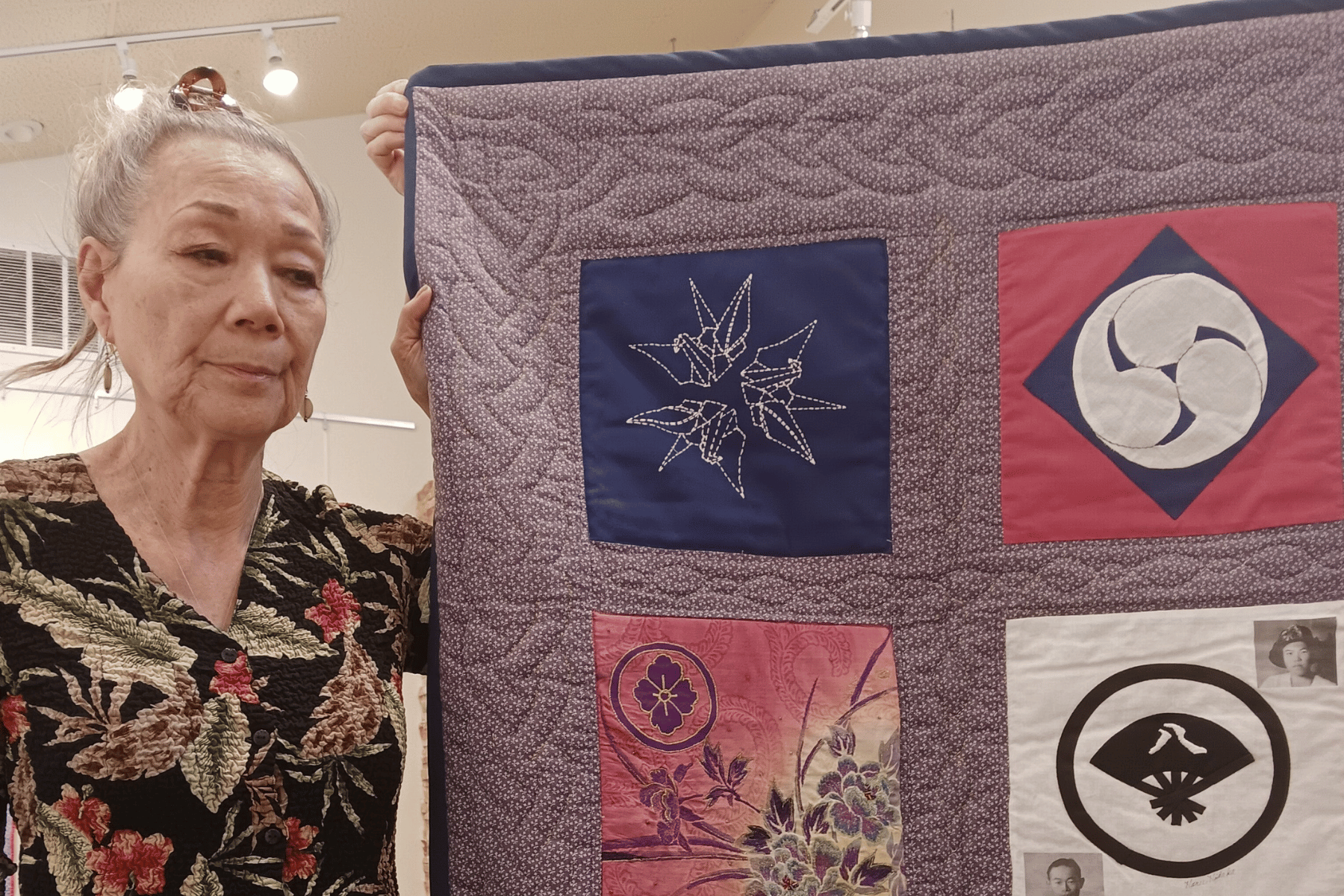
A bipartisan group of Colorado lawmakers introduced a measure to ban all flavored nicotine products in an effort to combat the state's top-in-the-nation teen vaping rate.
“Colorado is facing a vaping epidemic,” said co-sponsor Rep. Yadira Caraveo, (D-Denver), who is a pediatrician. “I’ve had children as young as 11-years-old in clinic talk to me about how their classmates use vape products in school.”
She said banning flavored products will reduce the number of children and teenagers that become addicted to nicotine.
The bill also bans all flavored traditional tobacco products, including menthol cigarettes and chews, and imposes fines for retailers who violate the terms of the measure.
Doctors and public health officials say flavored vaping products — with names like Apple Cinnamon Donut, Blazberry Cream, Cotton Dandy and Pink Lemonade — have helped hook a whole new generation of young people on tobacco. The rise of vaping comes after years of smoking rates falling steadily, both broadly and just among teens.
But opponents, including some vape shops and consumers, argue a ban penalizes adults who like flavors and have used flavored products to quit smoking traditional cigarettes.
Earlier this year, the Trump administration backed off a full flavor ban, instead banning most flavored e-cigarette cartridges. Federal law still allows the sale of menthol and tobacco flavors, and flavored liquid nicotine if it is sold in open tank (or refillable) products.
A pair of states have restricted the sale of all flavored tobacco products, according to the Campaign for Tobacco Free Kids. A flavor ban in Massachusetts, which includes menthol cigarettes, takes effect June 1. E-cigarettes were banned in the state by emergency order last September. New Jersey banned the sale of all flavored e-cigarettes in January, and the rule becomes effective in April.
Five Colorado cities have banned flavored tobacco products, according to the group: Aspen, Boulder, Carbondale, Glenwood Springs and Snowmass Village. All but Boulder also now restrict the sale of menthol cigarettes.
Gregory Conley, president of the American Vaping Association, said a flavor ban “will be terrible for public health and shut down small businesses throughout the state.”
Conley said vaping helps adults get away from craving the taste of a combustible cigarette.
“If you only have vaping products that taste like tobacco, you are actually helping cigarette sales and helping keep cigarettes around as the dominant tobacco product,” he said.
The jury is still out about whether e-cigarettes truly help people quit cigarettes.
“Studies to test whether e-cigarettes can help people stop using tobacco have had inconsistent results,” according to the Mayo Clinic. It notes e-cigarettes are not approved by the U.S. Food and Drug Administration as an aid to quit. It recommends a combination of FDA-approved medication and counseling as the best path to quitting.
A flavor ban would “disproportionately impact small business,” said Amanda Wheeler, vice president with the Rocky Mountain Smoke-Free Alliance, which has about 125 members in Colorado.
Wheeler owns two stores in Colorado Springs, including J Vapes E-Liquid, and others elsewhere in the U.S.
“About 96 percent of our sales are flavored liquids. We don't sell a lot of those tobacco and menthol flavors,” Wheeler said.
She worried policymakers would eliminate small vape shops and give a huge competitive advantage to big tobacco companies, which can survive a flavor ban.
“All that you have left are those ultra-high nicotine products that are sold in the convenience stores, which we know are the worst offenders for sales to minors,” she said.
But public health advocates say flavors have been critical to luring kids to use tobacco.
“By creating flavors like cotton candy and gummy bear, you are marketing to youth,” said Ted Maynard, a retired pediatrician from Colorado Springs.
Maynard, a vice president for the Colorado chapter of the American Academy of Pediatrics, said a key part of the business model of the tobacco industry is to get people to begin smoking when they’re young, so they’ll go on to become adult smokers.
Another key concern the bill attempts to address: teens shifting from pod-based systems like JUUL to new disposable vaping devices. Though the Trump administration adopted the partial flavor ban, a loophole still allows the sale of disposable brands like Puff Bar, Stig and Viigo. The state bill limits disposable flavors as well.









